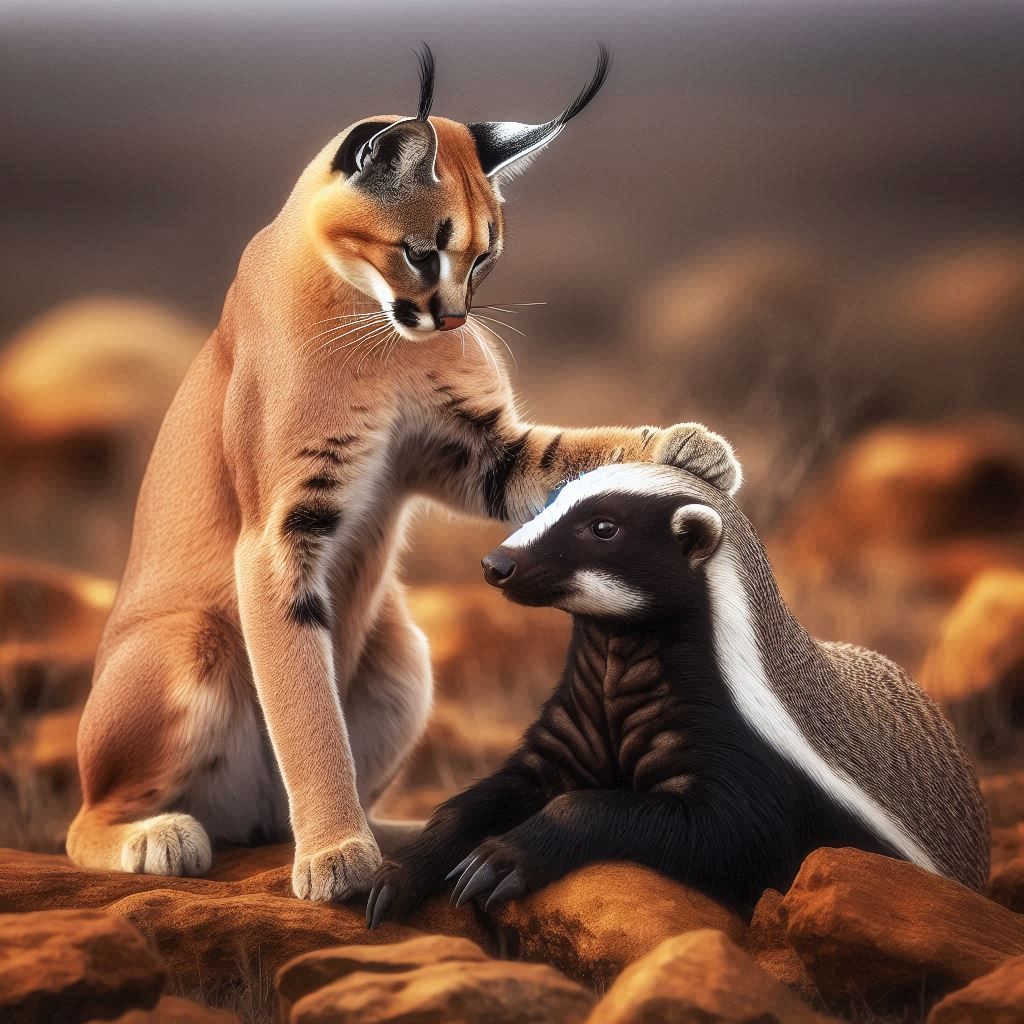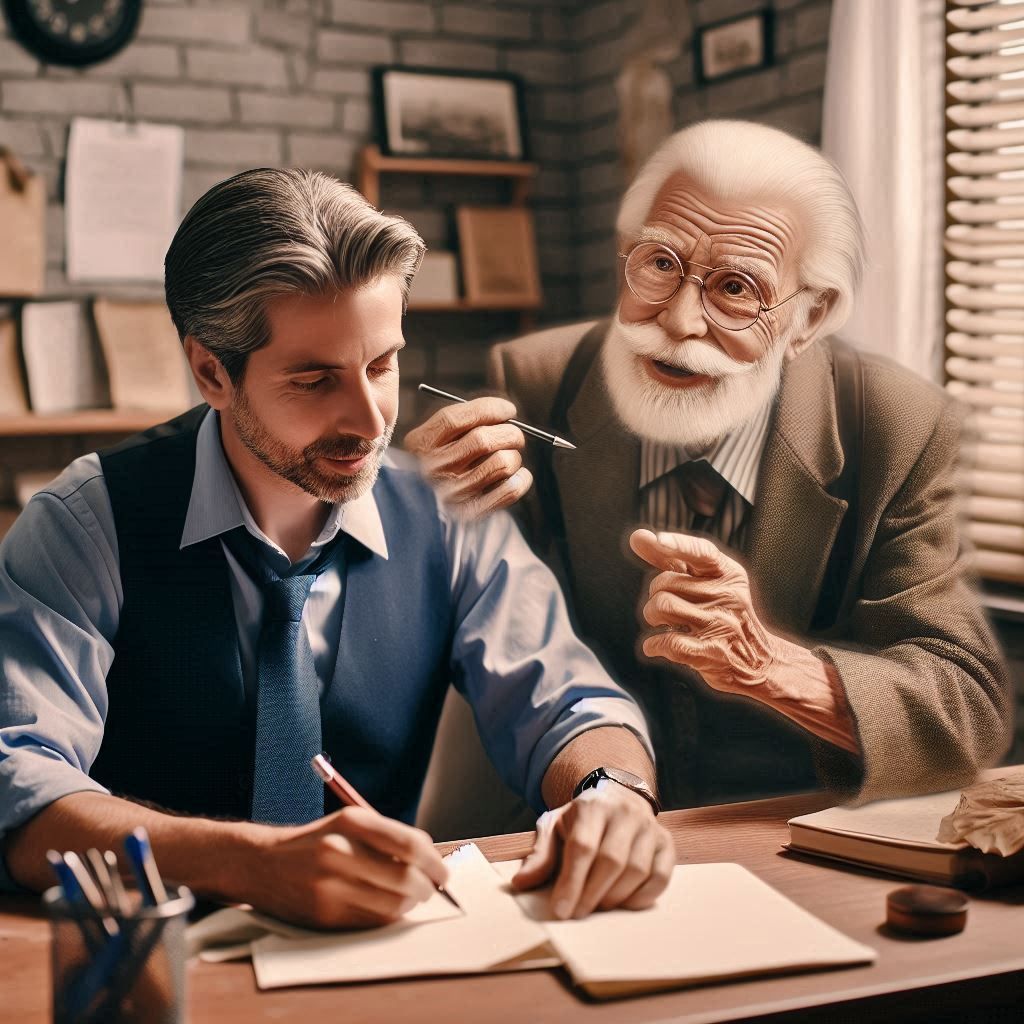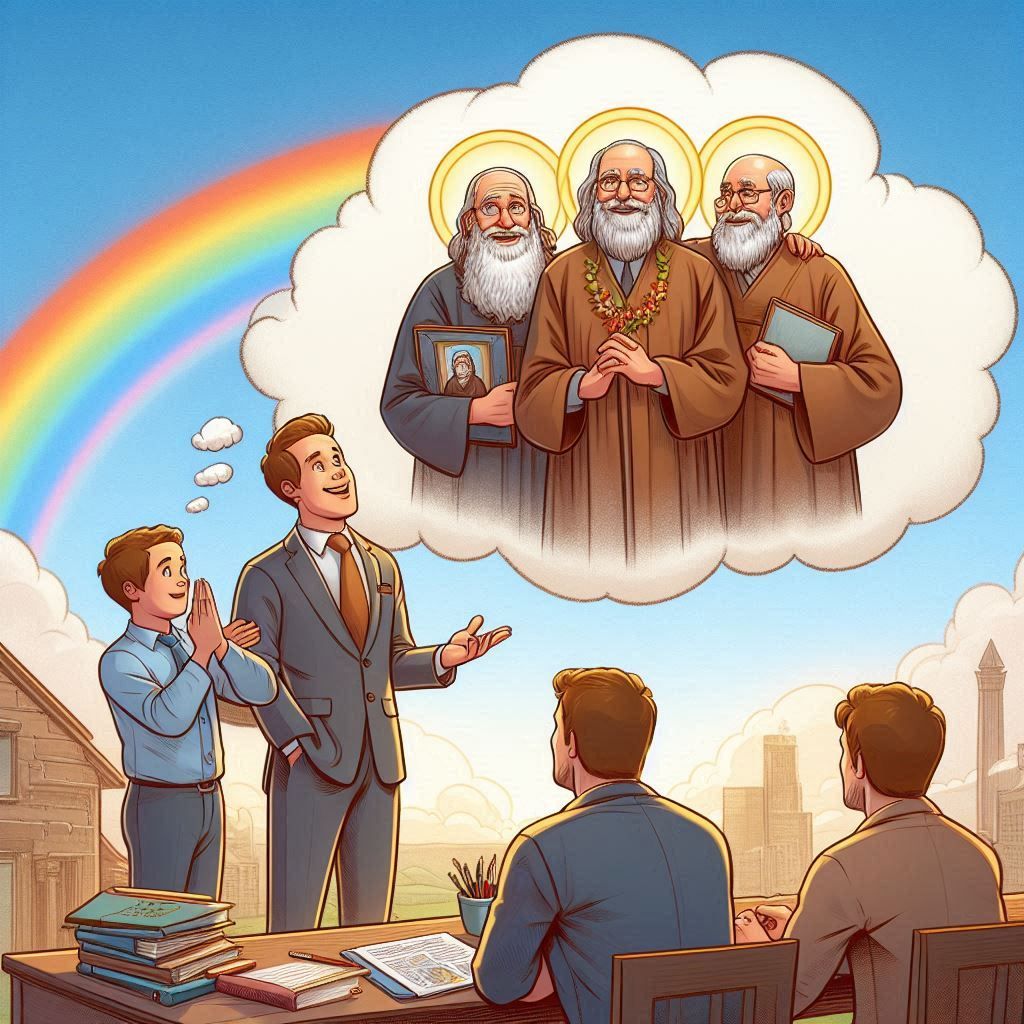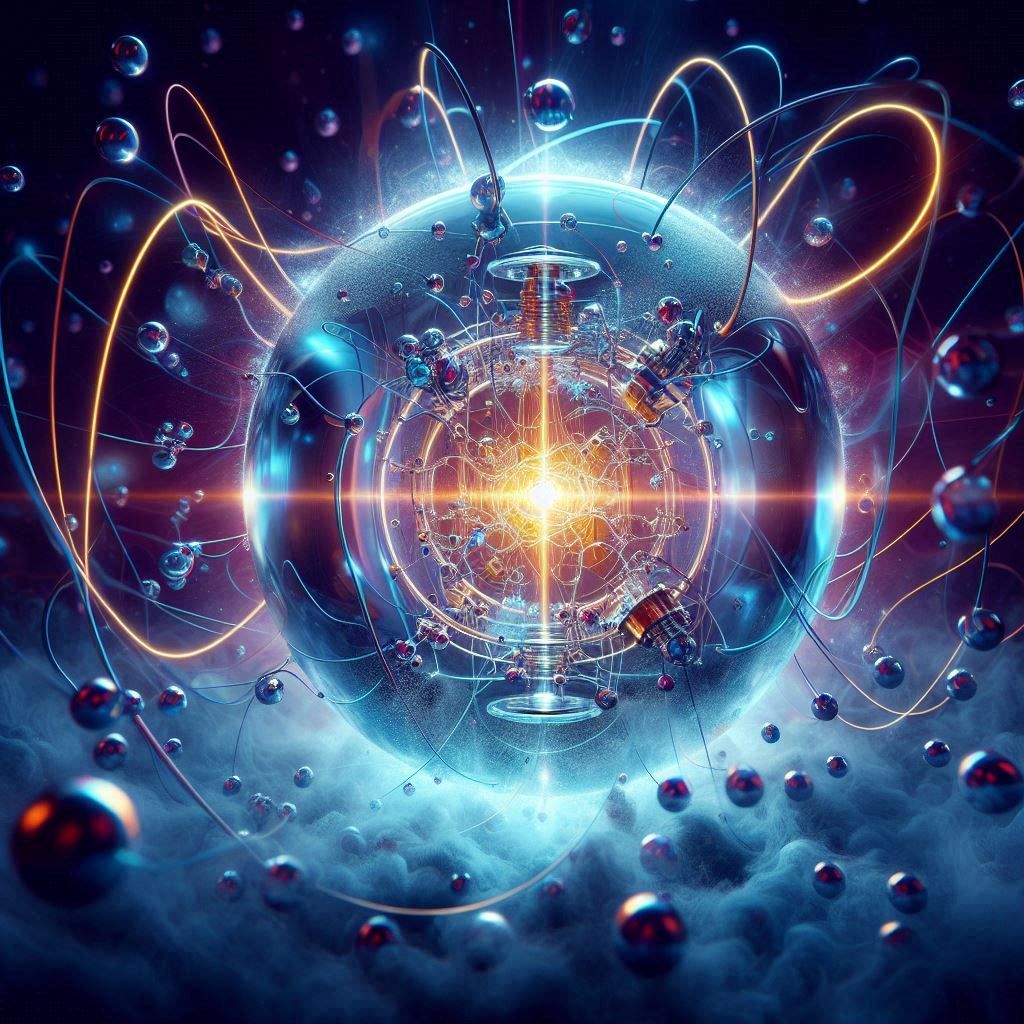Which animal would you compare yourself to and why?
If spirit animals were a LinkedIn endorsement, mine would read: “Approved by the Caracal & Honey Badger Fan Club (est. childhood).”Let’s unpack this wild resume.

The caracal isn’t just a cat with fancy ear tufts (though those are exquisite). It’s the introvert’s spirit animal on a stealth mission. I vibe with its ability to thrive solo—no pack meetings, no group texts, just elegant independence. Think of it as the James Bond of the savannah: precise, efficient, and low-key glamorous. Hunting efficiency? More like adulting efficiency. The caracal doesn’t waste energy chasing mediocrity; it calculates, pounces, and gets the job done. Plus, its love of beauty speaks to me—like that friend who spends 20 minutes arranging a charcuterie board before Instagramming it. The caracal’s message: “Solitude isn’t loneliness; it’s where magic (and successful hunts) happen.”
If the caracal is 007, Bond, the honey badger is Deadpool—snarky, unstoppable, and allergic to giving up. Its rep for “indomitable spirit” is basically code for *“You think *this* will stop me? LOL.”* Need honey? It’ll yeet a beehive, endure stings, and snack triumphantly. Need to dig through literal dirt for survival? The honey badger’s LinkedIn bio would just say: *“Problem solver. Resourceful. Doesn’t take ‘no’ personally.”* I channel its rebellious grit when life serves up obstacles (or bureaucracy). Its life motto: “Rules are suggestions, and honey is worth the drama.”
Both animals are the ultimate soloists. The caracal whispers, “Elegance under pressure,” while the honey badger roars, “Pressure? Crush it with chaotic flair.” Together, they’re my yin-yang of independence: one thrives in quiet mastery, the other in defiant hustle.
Bonus Life Lessons (With a Side of Humor):
Caracal Tip: Next time someone calls you “aloof,” say you’re “strategically curating your energy.” Then drop a mic (gracefully).
Honey Badger Hack: Stuck in a problem? Ask: “What would the honey badger do?” Spoiler: It’ll involve creative swearing and relentless action.
Unifying Truth: Independence isn’t about rejecting others—it’s about knowing when to collaborate (*caracal*) and when to bulldoze (*honey badger*).
If my spirit animals threw a party, the caracal would bring minimalist décor and curated playlists, while the honey badger would show up late, raid the fridge, and somehow fix the broken aircon. I aspire to be both host and life of the party—just on my own terms.
(P.S. If you need me, I’ll be practicing my “caracal stare” in meetings and my “honey badger negotiation tactics” at the local pawn shop.
© Jurgens Pieterse. All Rights reserved. 2025




